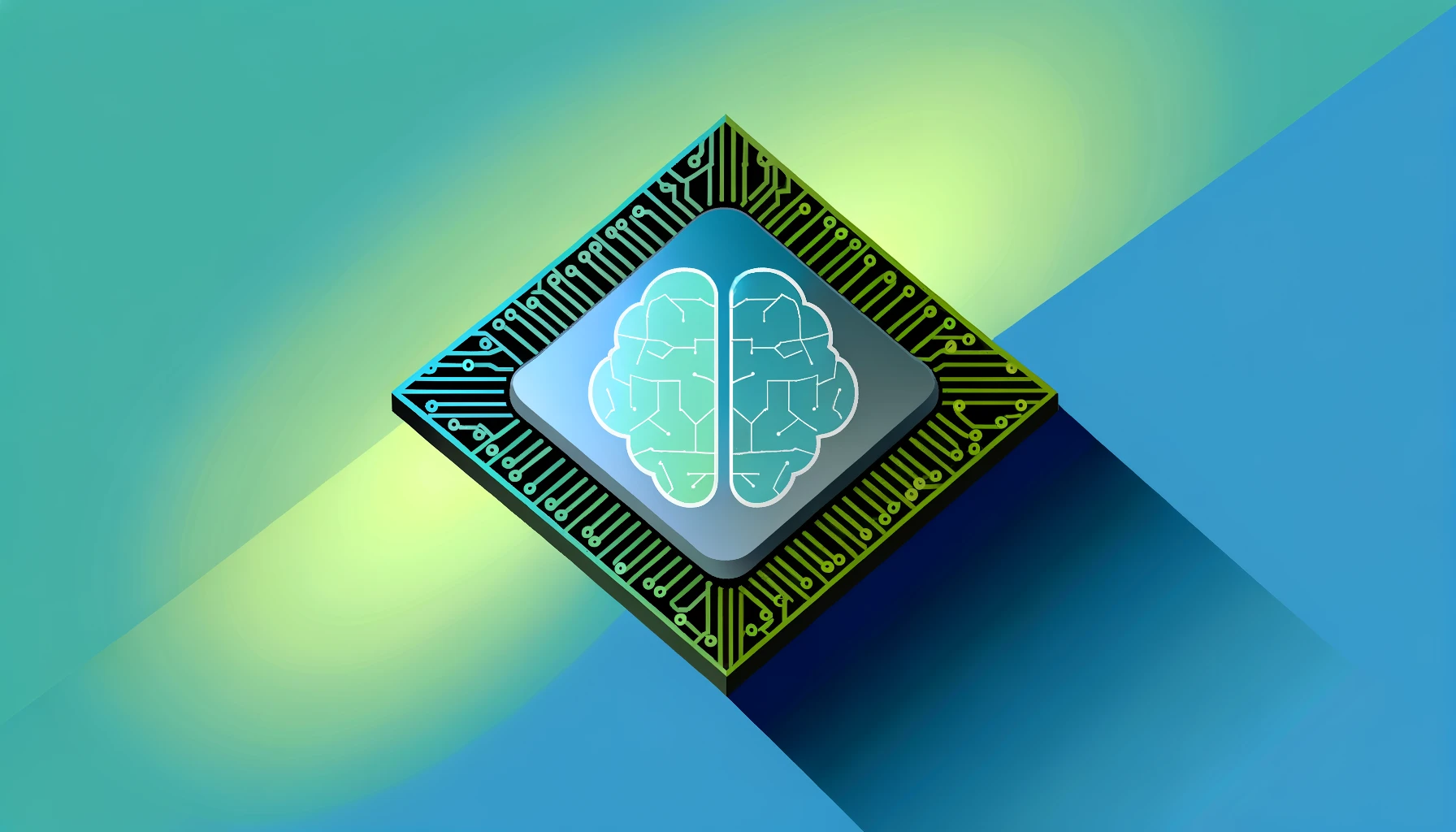
High Bandwidth Memory (HBM) represents a significant leap forward in memory technology, offering low power consumption and ultra-wide communication channels. By stacking memory chips vertically, HBM overcomes the processing bottlenecks associated with traditional memory solutions. This innovative approach is especially crucial in the age of Artificial Intelligence (AI), where the demand for faster data processing and higher memory capacity is ever-increasing.
The Role of HBM in AI Applications
- Enhanced AI Training Speeds: AI training processes, which require analyzing vast datasets to teach models how to make predictions or perform tasks, benefit significantly from HBM technology. With higher bandwidth and capacity, HBM enables more data to be processed simultaneously, reducing training times and accelerating AI development.
- Increased Inference Efficiency: Inference involves the application of a trained AI model to new data. HBM’s capacity to handle more simultaneous inference requests means that AI services can cater to a broader user base without compromising on speed or accuracy.
Samsung’s HBM3E 12H: Leading the Charge
Samsung Electronics, the world’s largest memory chip maker, recently unveiled the HBM3E 12H, setting a new industry standard for HBM technology. This section outlines the features and benefits of Samsung’s latest offering.
Unprecedented Capacity and Speed
- Highest HBM Capacity to Date: The HBM3E 12H is the industry’s first 12-stack HBM3E DRAM, boasting the highest capacity ever seen in HBM products. This advancement positions Samsung ahead of its competitors in the AI chip market.
- All-Time High Bandwidth: Offering up to 1,280 gigabytes per second (GB/s), the HBM3E 12H significantly surpasses previous generations in terms of data transfer speed, facilitating quicker and more efficient data processing for AI applications.
Innovation in Memory Technology
- Advanced Thermal Compression: The HBM3E 12H utilizes an advanced thermal compression non-conductive film (TC NCF), allowing for a 12-layer stack that maintains the same height as an 8-layer one. This innovation ensures compatibility with existing HBM package requirements while addressing chip die warping issues.
- Enhanced Vertical Density: Through the reduction of the gap between chips to seven micrometers and the elimination of voids between layers, Samsung has achieved a vertical density increase of over 20% compared to the HBM3 8H.
Impact on AI Applications and Data Centers
The introduction of HBM3E 12H by Samsung is set to revolutionize AI applications and data center operations.
- Improved AI Training and Inference: The 34% increase in AI training speed and the ability to expand inference services by more than 11.5 times enable AI service providers to offer faster and more reliable solutions.
- Cost Efficiency: The higher performance and capacity of the HBM3E 12H allow for more flexible resource management and reduced total cost of ownership for data centers, making high-performance AI more accessible.
Competitive Landscape in the HBM Market
The HBM market is rapidly expanding, driven by the growing demand for generative AI applications. Samsung Electronics and SK hynix are leading the race, each holding approximately 45% of the market share.
HBM Market Share and Product Offerings
| Company | Market Share | Product Offering | Capacity |
|---|---|---|---|
| Samsung | 45% | HBM3E 12H | 36 GB |
| SK hynix | 45% | HBM3 | N/A |
| Micron | 10% | HBM3E (for Nvidia H200) | 24 GB |
Emerging Competition and Future Outlook
- Micron’s Entry: Micron Technology has also entered the HBM market, starting mass production of its HBM3E chip, which will be used in Nvidia’s H200 Tensor Core GPUs. Despite being third in the market share, Micron’s partnership with Nvidia signifies its competitive edge.
- Market Growth: The HBM market, which accounted for about 1% of the total memory chip market volume last year, is expected to more than double this year, highlighting the rapid adoption of HBM technology across the industry.
The Future of HBM and AI
Samsung’s development of the HBM3E 12H represents a significant milestone in the memory chip industry, offering unparalleled capacity and speed that cater to the growing demands of AI applications. As the HBM market continues to expand, competition among chipmakers like Samsung, SK hynix, and Micron will drive further innovation, shaping the future of AI technology and its applications. The advancements in HBM technology not only enhance the capabilities of AI systems but also promote more efficient and cost-effective data center operations, heralding a new era of technological advancement and market growth.
Related News:
Featured Image courtesy of DALL-E by ChatGPT
